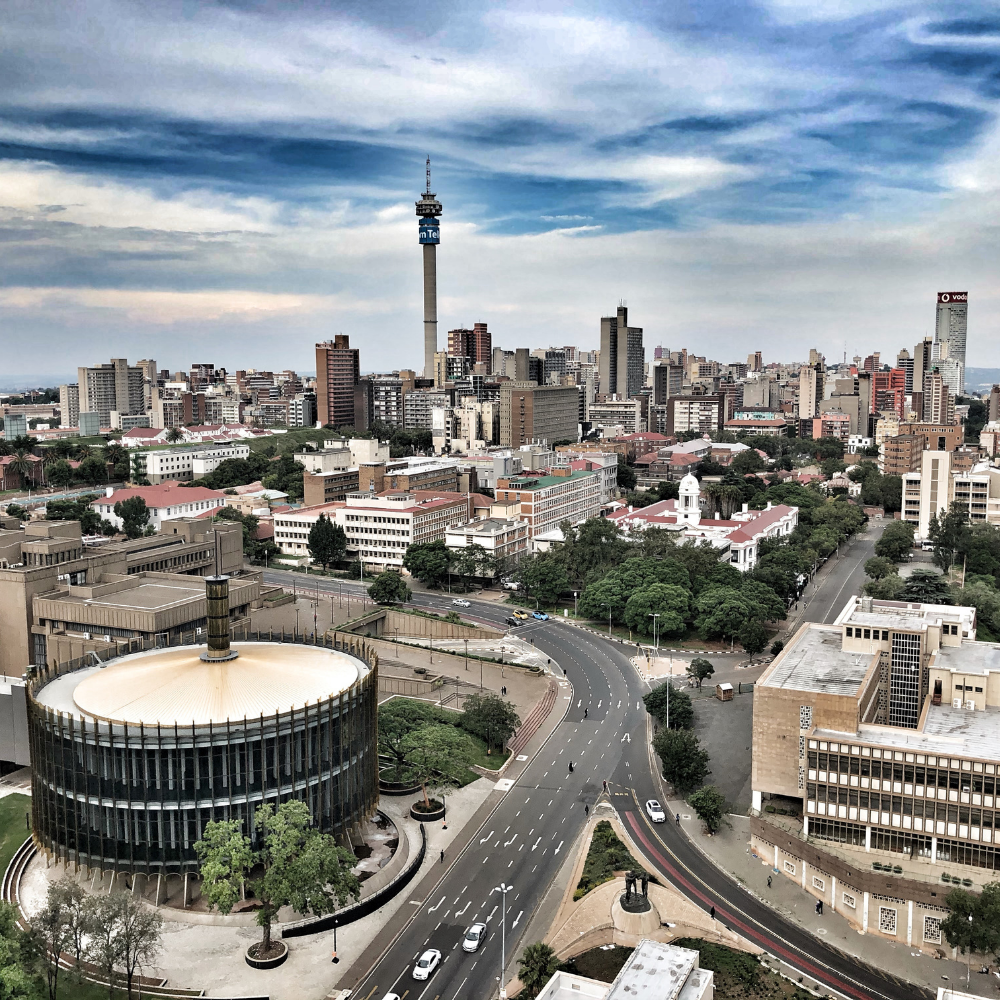Enclaving: Patterns of Global Futures in Three African Cities

Enclaving: Patterns of Global Futures in Three African Cities. The project explores and maps the unequal distribution of urban resources in separated spaces across cities.
Enclaving is the unequal distribution of urban resources based on the production of separated spaces. In Africa this is producing radically new forms of urban spatial and social differentiation. Analyses of urban inequality approach enclaving as a process of spatial segregation and social atomization. Often based on technocratic or macroeconomic approaches, these understandings frame enclaving as a problem, preventing an empirically grounded, holistic comprehension of the phenomenon. What is missed in such accounts is an understanding of enclaving as an agentive, creative, subversive, and aspirational process. In this project we therefore approach enclaving as a generative and transformative cultural orientation by which social actors engage with and co-produce the urban order.
Our project aims to rectify this conceptual gap. Through ethnographic fieldwork in three African metropoles, Accra, Johannesburg and Maputo we will explore enclaving as a globally emerging cultural orientation that works as a key driver for the reordering of the urban fabric, one that it is generative of new forms of sociality that need to be understood in their local context. This approach is necessary to comprehend novel forms of urbanization and to find solutions for two key challenges of contemporary urban development in Africa, namely housing and the management of inequality. Learn more about our project here.
Why focus on Africa?
Crucially, the patterns of urbanization in African metropoles are widely regarded as forerunners of urban futures on a global scale. Fuelled by transnational capital and as visions of the city to come, Accra, Johannesburg and Maputo comprise truly global spaces for experimentation with non-unitary and non-centrally planned urban forms.
A central part of such experimentation, relates to enclaving, such as gated communities, private cities, informal settlements or economic zones as spaces of exception. Integrating the notion of African developments as prefiguring or, indeed, being materializations of urban futures that will thereafter be realized in Euro-American contexts, this project is devoted to mapping, comparing and probing the nature of urban futures and the intensely metropolitan nature of its enactment across the continent.
The sub-projects
The project is composed of two sub-projects that are being investigated in each of the three cities.
Sub-Project 1. Financing investigates new forms of investment in and financing housing developments, by studying the ways in which private corporate investors intervene in the management of urban inequality, focusing on the various sites for planned, emergent and ongoing housing development in and beyond the field sites.
Sub-Project 2. Inhabiting investigates new forms of sociality, by studying how upwardly mobile and established middle-class urbanites conceive of and reproduce the logic of enclaving in their intimate and family lives. SP2 thus explores new forms of securing differentiated urban domains, by also focusing on the interaction and new forms of gated and non-gated construction of sociality that emerge within urban spaces.